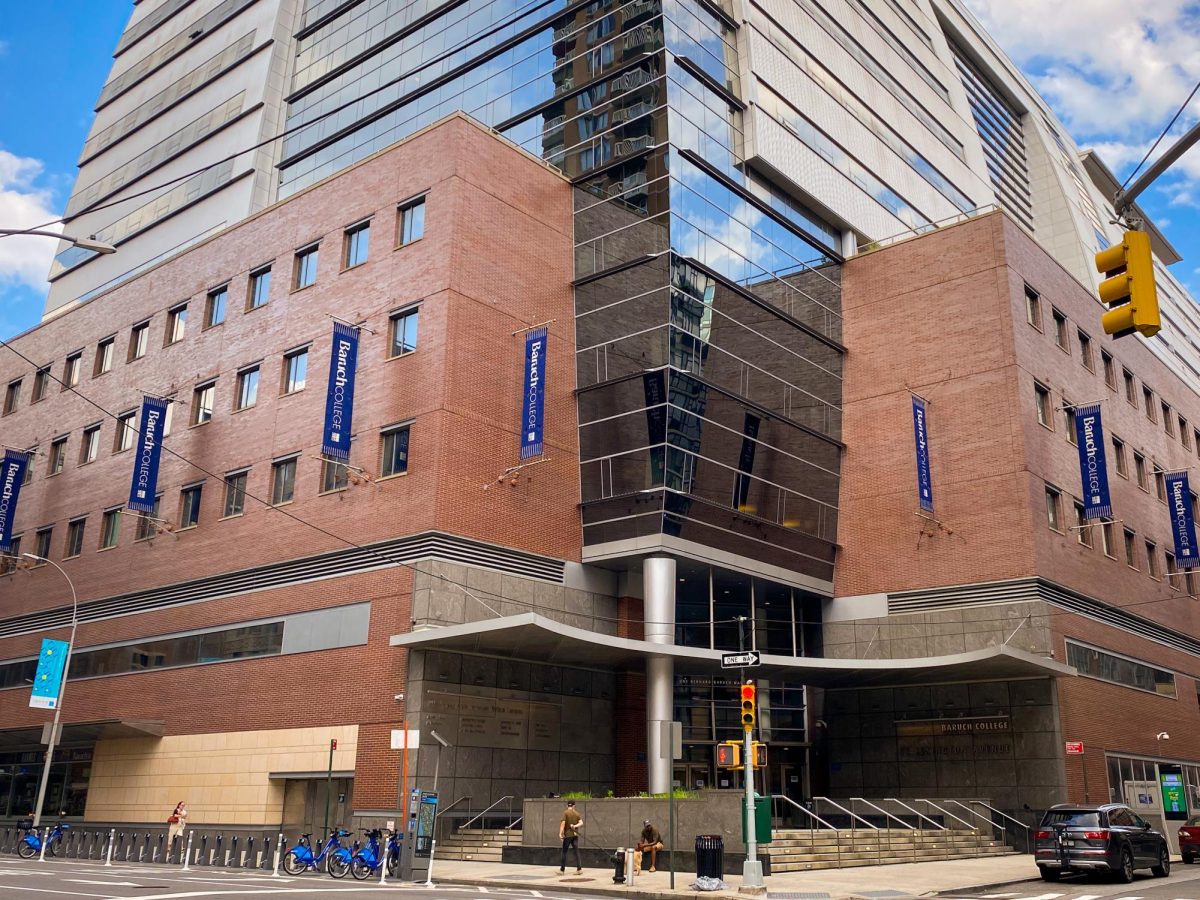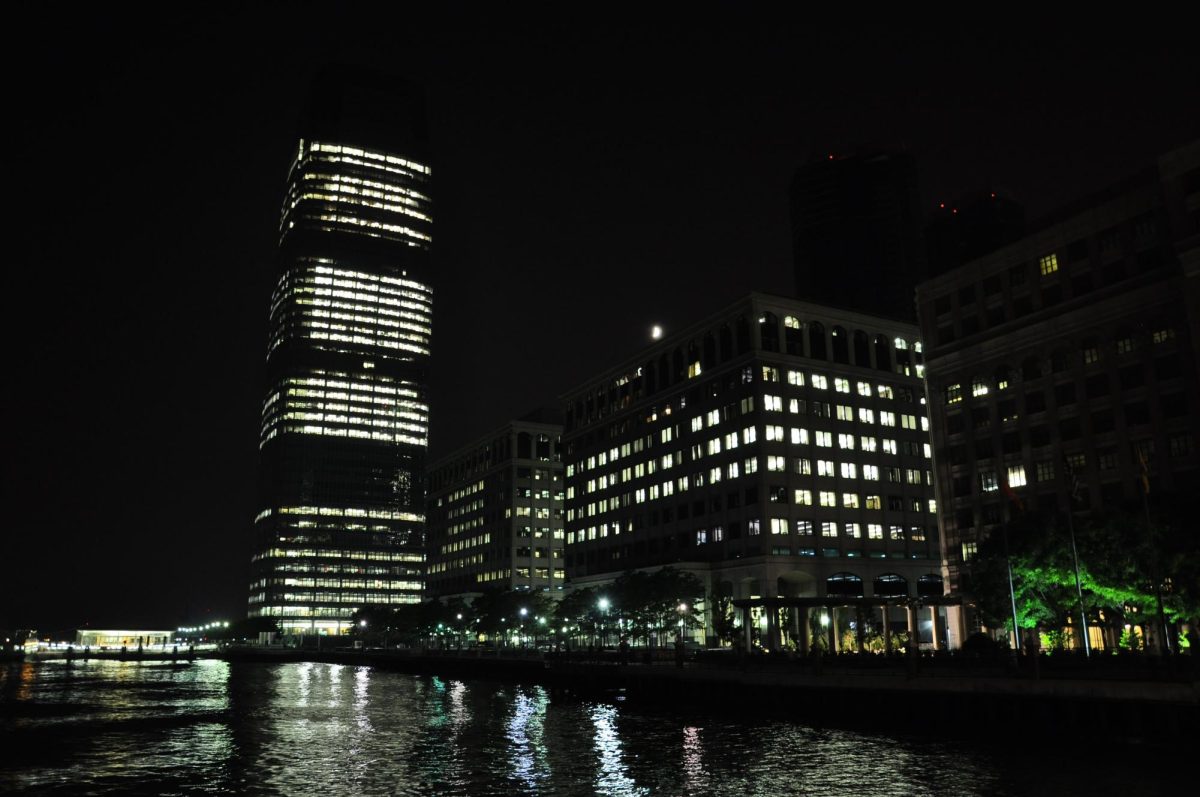New York Governor Andrew M. Cuomo signing the Housing Stability and Tenant Protection Act of 2019 in June marked an important shift in the direction of New York City’s real estate market. The controversial bill is one of the most significant tenant protection bills in the history of NYC, affecting 2.2 million rental units in boroughs that experience some form of rent regulation.
The bill placed significant regulation on both rent controlled and rent stabilized units in the city. Some of the most important components like vacancy decontrol
and vacancy bonus were left vacant, but are now banned in the current bill.
Vacancy decontrol occurs when apartments upon vacancy could no longer be considered free market and rent price is instead regulated at or near market levels.
Vacancy bonus is a practice which allowed landlords to increase rent up to 20% after a unit was left vacant. Another segment called the individual apartment improvements limits up to $15,000 to be used on up to three separate improvements over a 15 year period.
Major capital improvements are reserved for major changes to the infrastructure of buildings and landlords could increase rents up to 6% to compensate for these improvements. In this bill however, they can only increase by 2%.
Preferential rent is also seen in this bill and says that stabilized units can be offered for prices lower than the legal rent, but landlords can no longer raise rent to the legal rate when the lease is renewed.
Another key component of the bill is high income deregulation which bans the practice of deregulating units if a tenant earns over $200,000 for two consecutive years.
“Today, tenants’ rights in New York are stronger than they have been in a generation. This victory is the result of decades of tireless organizing on behalf of tenants
across the entire State of New York,” said Cea Weaver, the Campaign Coordinator of the Upstate Down State Housing Alliance that is a New York based tenant advocacy group.
The group is fighting to “tax the rich and house the poor,” as well as “preserve safe, dignified and affordable rental housing across the entire state.” Although celebrating the victory, Weaver anticipates retaliation.
“Landlords are not taking it lying down — they are already holding apartments vacant, planning a campaign to undermine our laws and refusing to make repairs,” she said, noting that tenant rights organizations are more important than ever before.
While tenants and advocacy groups are cheering, real estate professionals warn that the legislation will have an adverse impact on the tenants. Nick Hakim is a co-founding principal at Pioneer Communities, a New York City based real estate investment firm focused on multifamily and mobile home park investments in growth markets.
Prior to founding Pioneer Communities, Hakim managed a portfolio of multifamily buildings in New York City where 50% of the units were rent regulated. When starting on his own, Hakim had no intentions of investing in the boroughs.
“We would love to own in New York City at some point, but now is not the time. When you see legislation like this (rent law), you would rather go to cities that actually want your investment,” Hakim noted. “You go to markets like Charlotte, Austin, Tampa… They want our investment there.” Hakim noted that he has been seeing an increasing amount of New York capital entering the markets he’s been sourcing in, and credits this to anti-business sentiment among political advocacy groups as well as the new legislation.
Owners and brokers alike seem to agree that this will have a negative impact on the industry, citing the changes made to IAIs, MCIs and the removal of vacancy bonuses in particular. However, many see this law eventually trickling down and hurting tenants in the long term.
The law significantly impacts the ability to improve building and apartment quality without impacting cash flow, thus removing all financial incentives for improving the tenant experience.
“There can be political implications for sure,” Hakim said. “It may take three or four years for the impact to really be felt at the lowest levels.”
This isn’t just all speculation and talk from the industry at this point, negative impact is already being displayed in the market as uncertainty. Because of this uncertainty, Blackstone, one of the largest multifamily owners in the city, is keeping somewhere between 20-50 regulated units vacant at their Stuyvesant Town complex, according to The Real Deal.
The company has also halted planned renovations to the property in light of the law, citing the need to reevaluate costs and benefits of the renovations.
As far as loopholes go, not many have been utilized thus far, as the legislation is still very new.
One loophole brokers have seen are in vacant buildings. In a building that is regulated and also 80% to 100% vacant, owners can qualify for a NYC housing program referred to as substantial rehabilitation.
Under this program, owners complete a series of mandated improvements to the infrastructure of the building and its units. If all requirements are met, the building may qualify for exemption to the regulation laws.
Just a few months out from the passing of this legislation, it’s hard to tell how these laws will impact the market long term or if there will be any changes to the laws. However, one thing that will continue for the foreseeable future are the new pro-tenant standards for individuals living in rent regulated apartments citywide.








